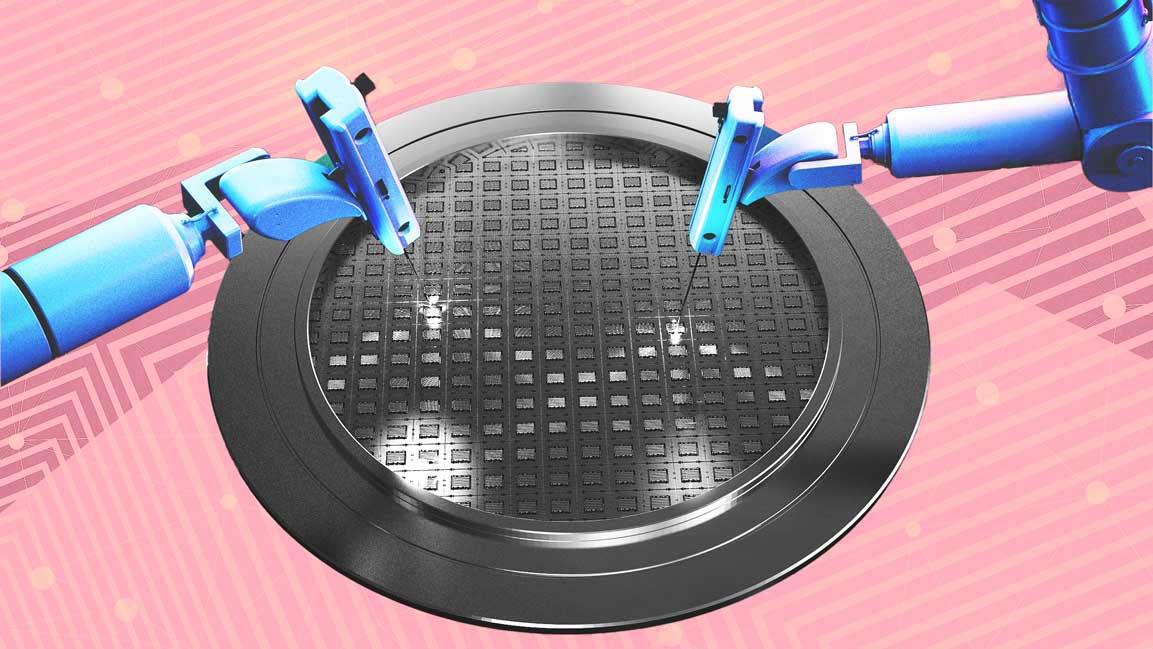Qualcomm Challenges Nvidia With New AI Chips
The AI200 and AI250 will compete with Nvidia’s GPUs, promising more memory and lower energy use.
Topics
News
- MBZUAI Unveils K2 Think V2, Advancing the UAE’s Push for Fully Sovereign AI
- ENEC, TII, and ASPIRE Partner to Advance Autonomous Aerial Systems
- OpenAI Bets on AI to Streamline Scientific Research Workflows
- AI Use Is Rising at Work but Productivity Gains Lag
- Meta Signals Shift Toward Paid Features With Subscription Tests Across Its Apps
- All LLMs Are Trained on the Same Data’: Oracle Chief Flags AI’s Biggest Challenge

Qualcomm, best known for chips that power smartphones, is stepping into new territory.
On Monday, the company announced two AI accelerator chips—the AI200 and AI250—that will compete directly with Nvidia’s data center hardware.
The news, shared ahead of the Future Investment Initiative summit in Riyadh, sent Qualcomm’s shares up as much as 11%.
The AI200 will ship next year, while the AI250 in 2027. Both will be sold as stand-alone chips or as plug-in cards for existing servers.
With this move, Qualcomm joins Intel and AMD in trying to take on Nvidia’s lead in AI computing.
For years, Qualcomm’s focus has been on mobile processors. Now it wants a larger role in data centers, or the large, energy-hungry facilities that run AI models.
The company said its new chips are built for inference, or running AI applications, rather than training the massive models that companies like OpenAI create. That narrower focus, Qualcomm said, makes its chip cheaper and more power-efficient.
The chips scale up Qualcomm’s “Hexagon” neural processing units (NPUs) from smartphones to data centers.
The company claimed the AI200 and AI250 outperform rivals in memory capacity and energy use. Each card can handle up to 768 gigabytes of memory, more than Nvidia or AMD currently offer, and uses less power overall.
A rack of Qualcomm’s systems, for example, draws about 160 kilowatts of power, similar to Nvidia’s but reportedly cheaper to operate.
Qualcomm also announced that Saudi Arabia-based Humain will be its first major customer. Humain plans to deploy 200 megawatts of Qualcomm-powered AI systems starting next year. The two companies first signed a preliminary agreement in May and now plan to develop custom AI solutions for Saudi enterprises and government projects.
The deal aligns with Saudi Arabia’s broader ambition to become a global center for artificial intelligence. Humain’s locally developed ALLaM language models will be integrated with Qualcomm’s hardware, aiming to create tools tailored to regional needs.
With this partnership, and its first serious challenge to Nvidia, Qualcomm is signaling a new phase for the company: one that reaches far beyond smartphones and into AI.







